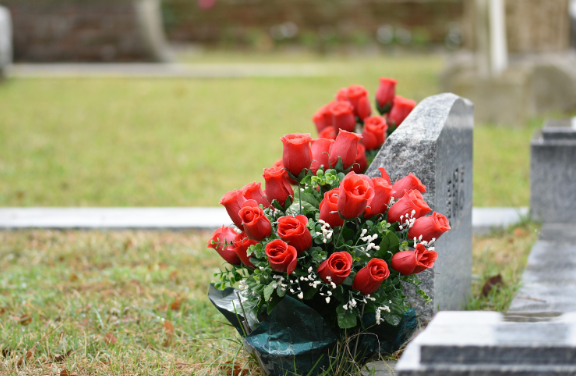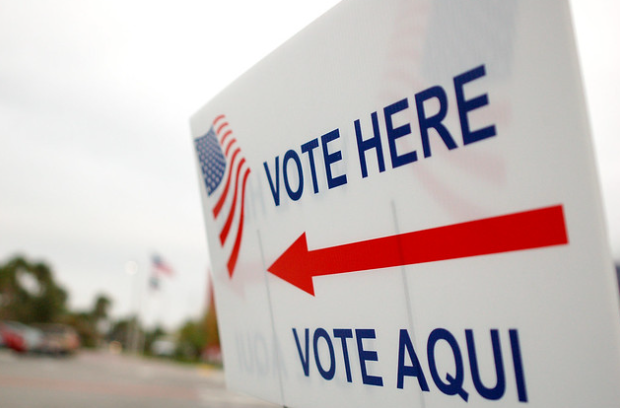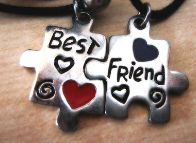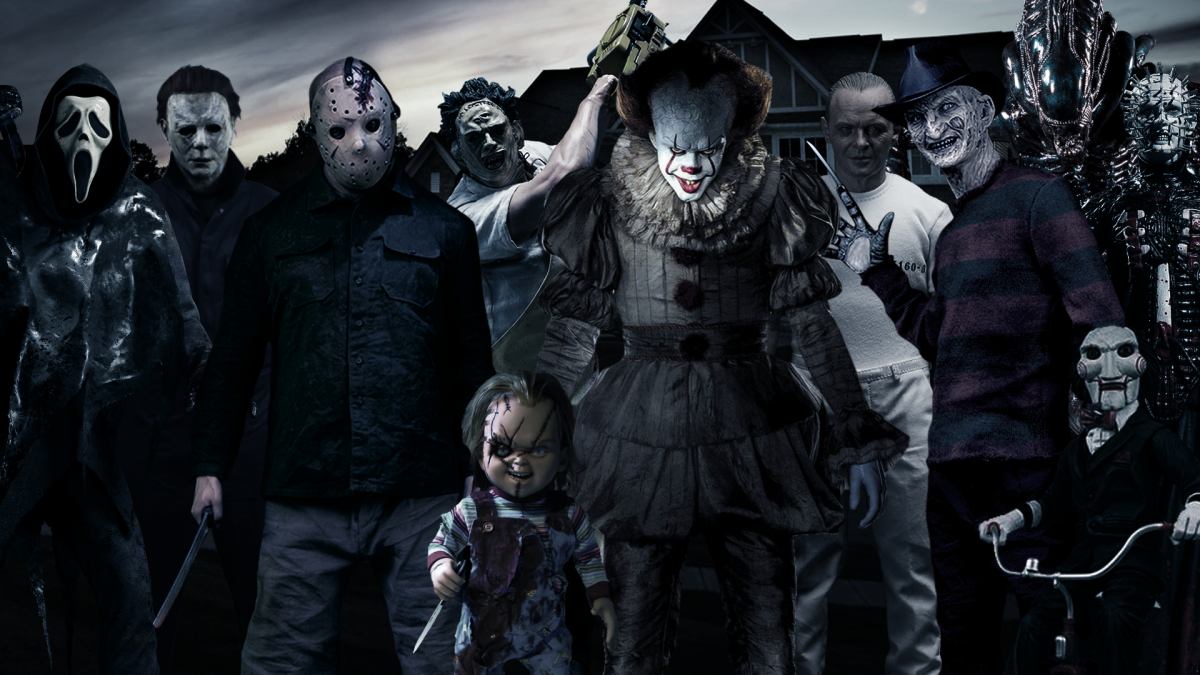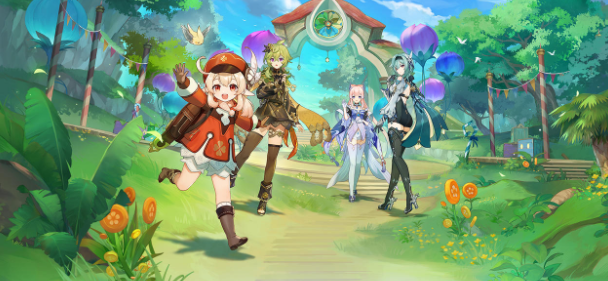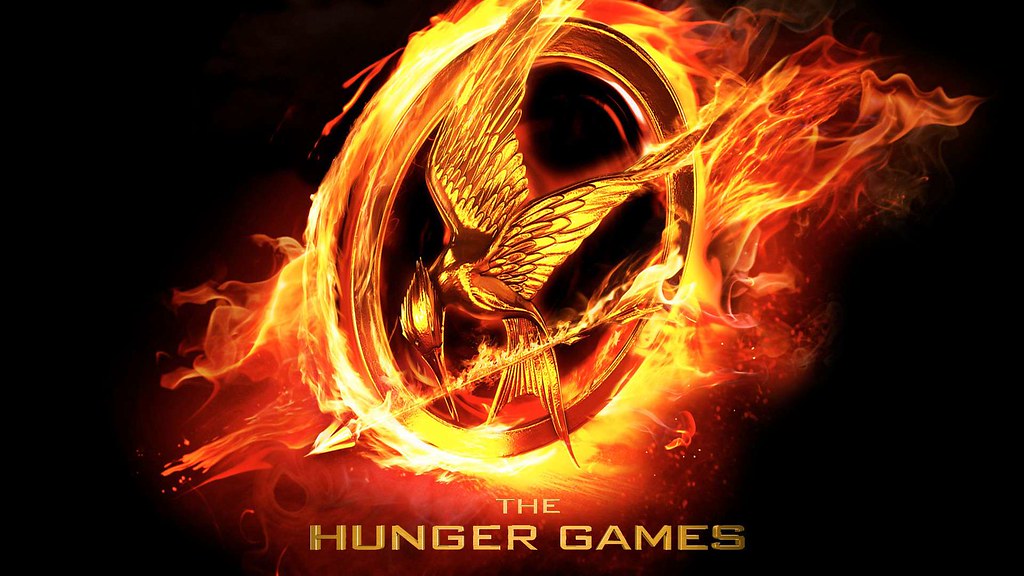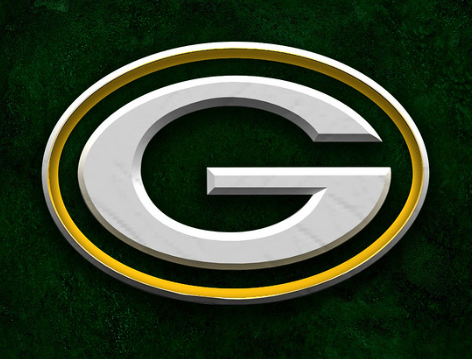What are the Most Common Sports Injuries and What do They Mean?
What do injuries mean?
You might be watching a sports game and see a player get injured but what do those injuries mean. They could be a sprain, break, dislocation, pull, etc. Although these could happen to different parts of the body, it is important to know how they happen.
Sprained Ankle
Sprain’s don’t always happen to your ankle, that is just the most common place for a sprain to occur. When you get a sprained ankle, what happens is when the ligaments in your ankle tear or get stretched too much.
Ligaments are the strong, stretchy bands that help stabilize your ankle. They hold the bones of your ankle together, but they allow for some movement. When there is too much movement, you may get a sprain.
Groin Pull
A groin pull occurs from putting too much stress on muscles in your groin and thigh. If these muscles are tensed too hard or too suddenly, they can get over-stretched or torn.
Groin pulls are common in people who play sports that require a lot of running and jumping,In particular, suddenly jumping, or changing direction is a likely cause.
Shin Splints
Shin splints, you might hear a doctor call it medial tibial stress syndrome. The cause is stress on your shinbone and the connective tissues that attach muscles to your bones. They get inflamed and painful.
Knee Ligament Injuries
Ligament injuries in the knee such as an anterior cruciate ligament (ACL) can put you on the sidelines fast. They hurt a lot and may limit what you can do.
But more often than not, a comeback may still be possible. Treatment is more successful than it once was.
Ligaments are tough bands of tissue that connect the bones in your body. (ACL) is the most commonly injured knee ligament. It connects the thigh bone to the shin bone.
There are many more injuries than the ones listed in this article, but these ones are some of the most common. Knowing how these injuries occur can help you know how to prevent them and also shows you how to know if you have one or a friend has one.
David is a 14 year old freshman who likes the color green and likes to participate in track. In addition, he has one cat and two goats and his favorite...

